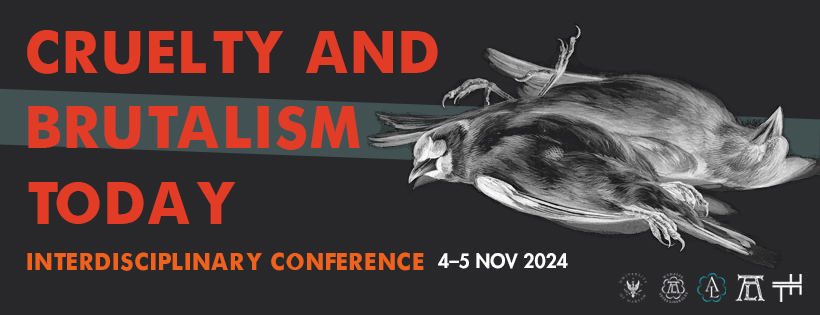Alex Taek-Gwang Lee
(Kyung Hee University)
Abstract:
This paper reexamines Walter Benjamin’s concept of technical reproducibility (technische Reproduzierbarkeit) through the lens of cruel technicity, focusing on his analysis of Mickey Mouse and its implications for understanding contemporary artificial intelligence. By exploring Benjamin’s use of the suffix -barkeit and his notion of translatability, we offer a critical framework for interpreting the cruel aspects of modern AI systems, particularly LLM. Benjamin’s analysis of Mickey Mouse as a paradigm of “post-human mimesis of mechanical reproduction” serves as my starting point. I argue that the cartoon character’s deconstruction of the “hierarchy of creatures” and embodiment of anti-anthropocentrism prefigure the unsettling nature of AI-generated content. The paper draws parallels between Benjamin’s view of Mickey Mouse as a “dream for contemporary man” and the current fascination with AI, highlighting the underlying cruelty inherent in both forms of technological representation. I examine how Benjamin’s concept of Mickey Mouse as “mimesis without resemblance to a human being” resonates with the non-human yet eerily familiar outputs of advanced language models. This analysis reveals the cruel technicity in AI systems – their capacity to mimic human-like outputs while fundamentally lacking human experience and understanding. Furthermore, I investigate Benjamin’s idea that Mickey Mouse represents a “radical disavowal of experience” concerning AI’s processing and generation of information. This perspective illuminates the cruel nature of “machine intelligence,” which operates without human-like experiences yet profoundly impacts human knowledge and interaction in the digital age. The paper posits that Benjamin’s ideas about the “virtual that lurks beneath the actual” and the “hidden relationship between the actuality of translation and the potentiality of the text” offer a framework for understanding the cruel interplay between human and machine-generated content. We argue that this cruelty manifests in AI’s ability to produce simultaneously familiar and alien content, challenging our notions of creativity and authorship. By revisiting Benjamin’s concepts through the lens of cruel technicity, this paper aims to provide new insights into the nature of AI and its relationship to human experience, creativity, and knowledge in the contemporary technological landscape.
Bio:
Alex Taek-Gwang Lee is a professor of cultural studies and a founding director of the Centre for Technology in Humanities at Kyung Hee University, Korea. He is also a visiting professor at the Centre for Applied Philosophy, Politics and Ethics at the University of Brighton (UK) and Graduate School at The University of Santo Tomas (Philippines). He served as an academic advisor for Gwangju Biennale in 2017 and as a program manager for the Venice Biennale of Architecture in 2021. He edited the third volume of The Idea of Communism (2016) and Deleuze, Guattari and the Schizoanalysis of Postmedia (2023), and his forthcoming monograph, Communism After Deleuze, is scheduled for publication in February 2025.
